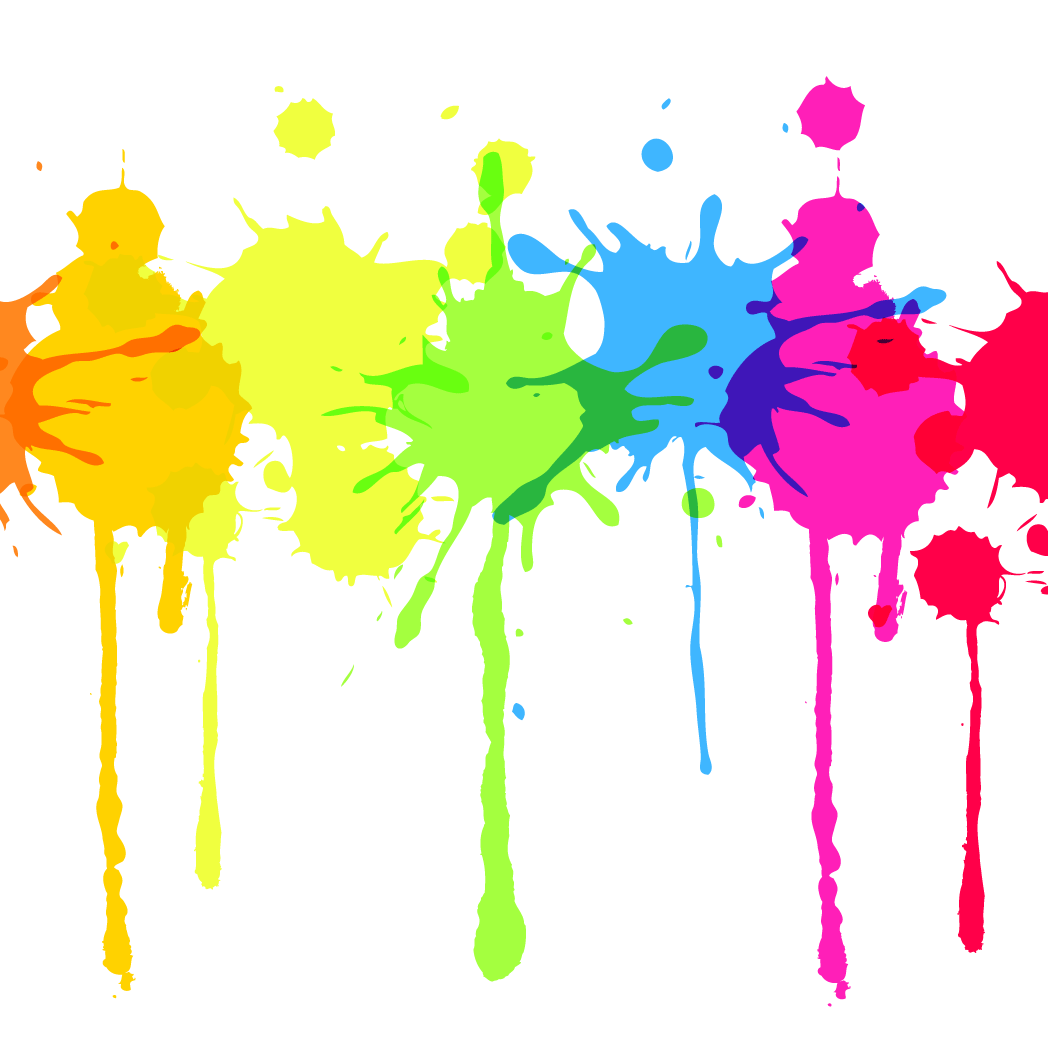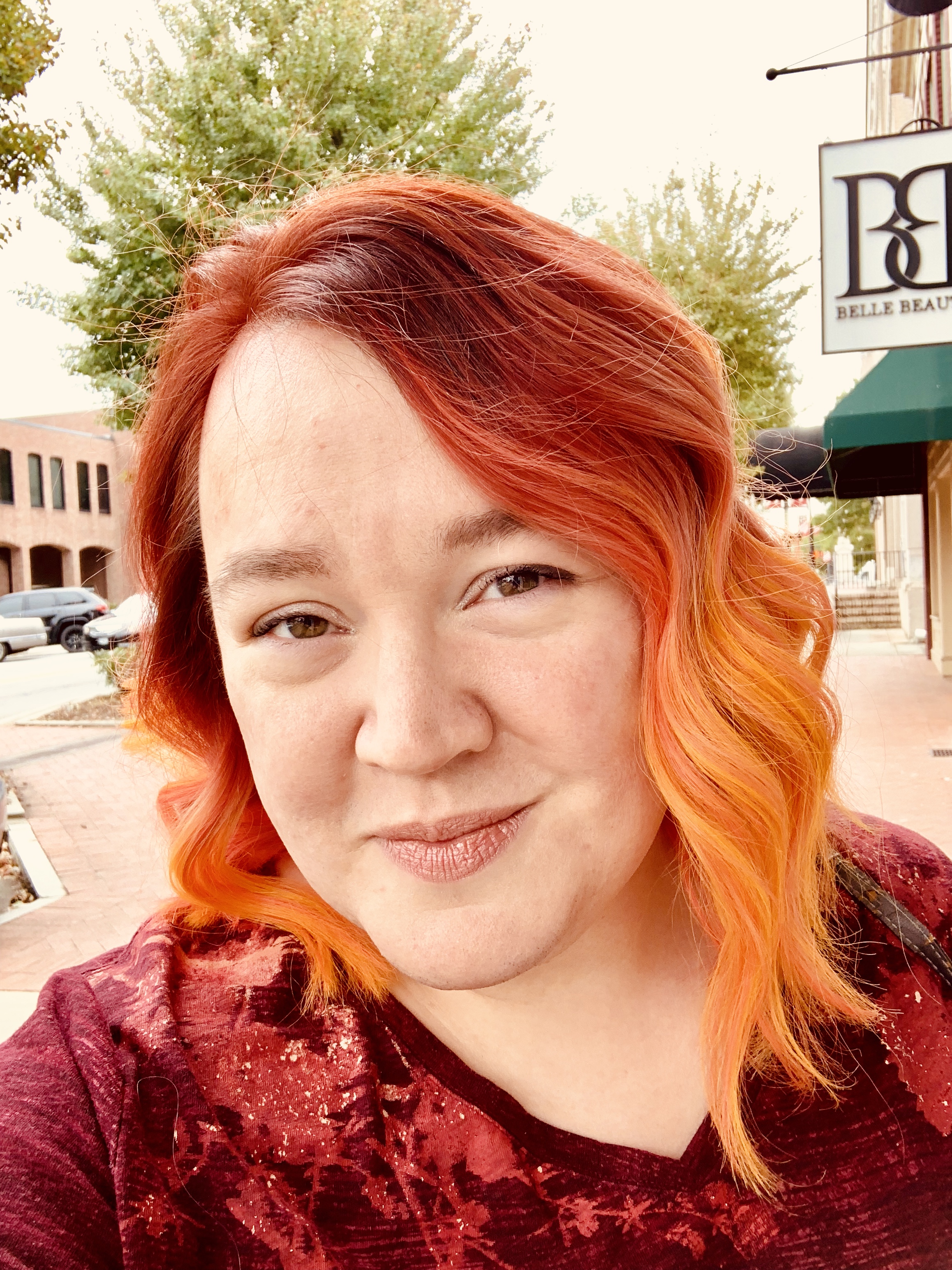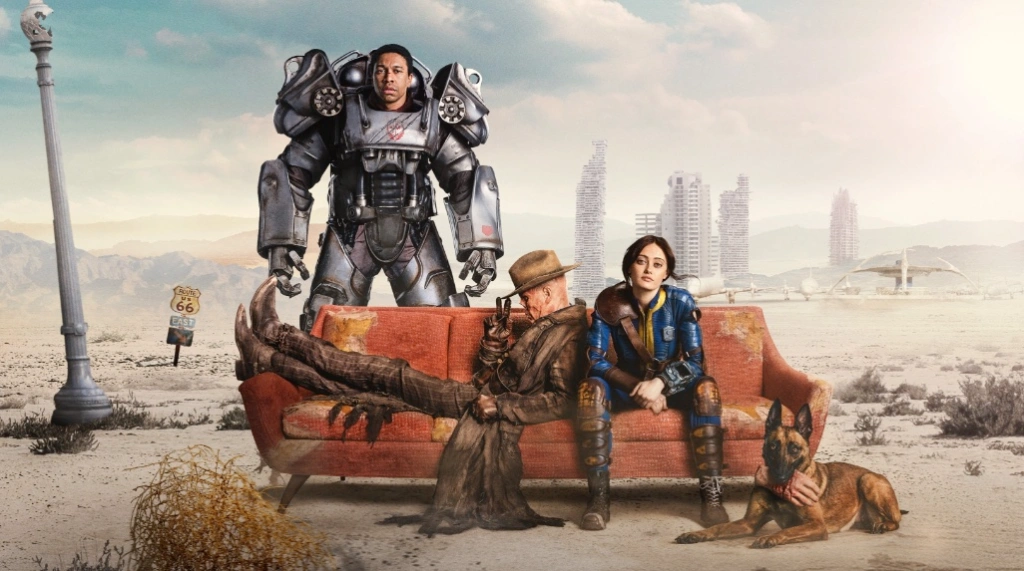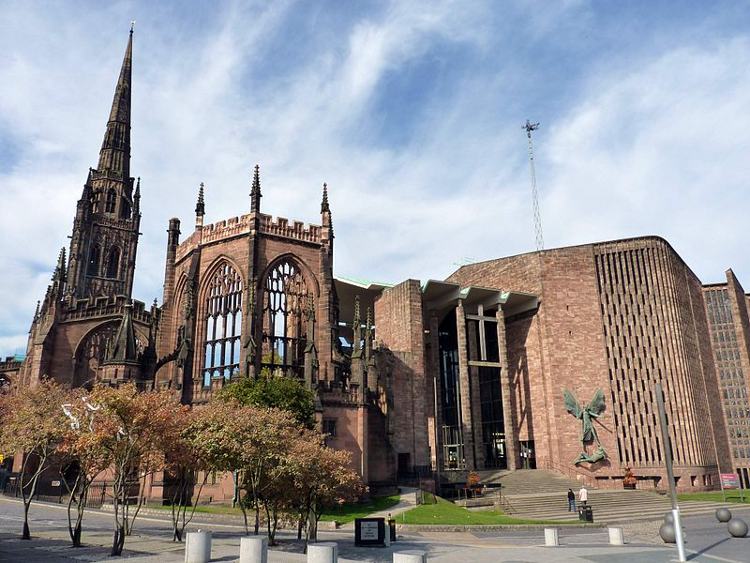I’ve never thought about it this way, but an article by David Brooks in the New York Times yesterday titled “The Republic of Fear” jolted me into an idea I’ve never considered before.
We tend to think of economic solutions to poverty, whether in America or the developing world. Education, political stability, and cultural factors may make it onto the radar, but we assume the real solutions to the problem will lie in economic policy or habits.
Brooks makes an excellent case that actually, our American minds are so deeply colored by the safety and stability of our political and legal processes, we don’t see these factors when working in the developing world:
We in the affluent world live on one side of a great global threshold. Our fundamental security was established by our ancestors. We tend to assume that the primary problems of politics are economic and that the injustices of the world can be addressed with economic levers. When empires like the Soviet Union collapse, we send in economists with privatization plans instead of cops to help create rule of law. When thuggish autocracies invade their neighbors we impose economic sanctions.
But people without our inherited institutions live on the other side of the threshold and have a different reality. They live within a contagion of chaos. They live where the primary realities include violence, theft and radical uncertainty. Their world is governed less by long-term economic incentives and more by raw fear. In a world without functioning institutions, predatory behavior and the passions of domination and submission blot out economic logic.
The primary problem of politics is not creating growth. It’s creating order. Until that is largely achieved, life can be nasty, brutish and short.
I highly recommend the entire piece, and I’d love to know who’s writing articles/books/blogs from this perspective.




Got a comment?